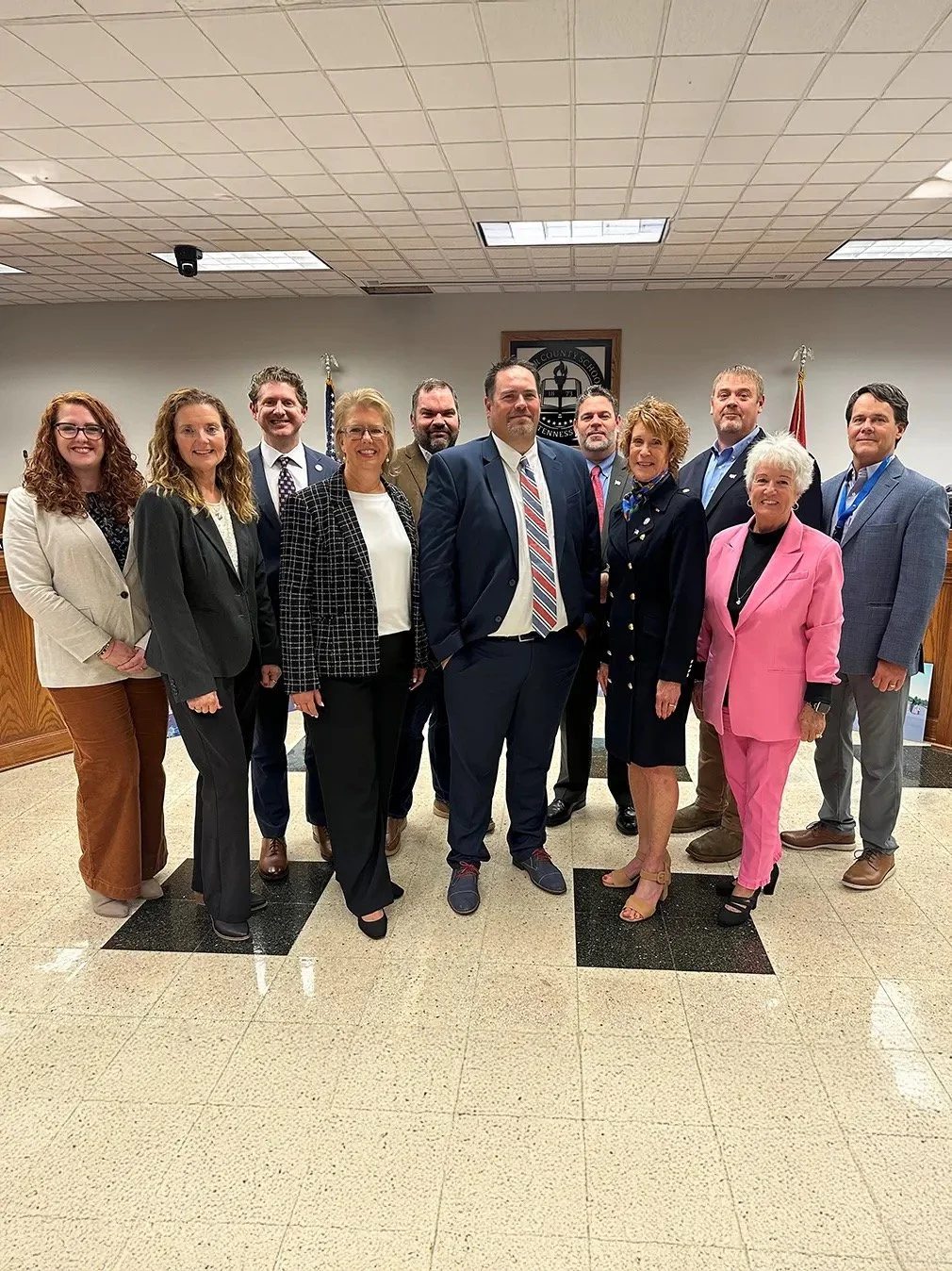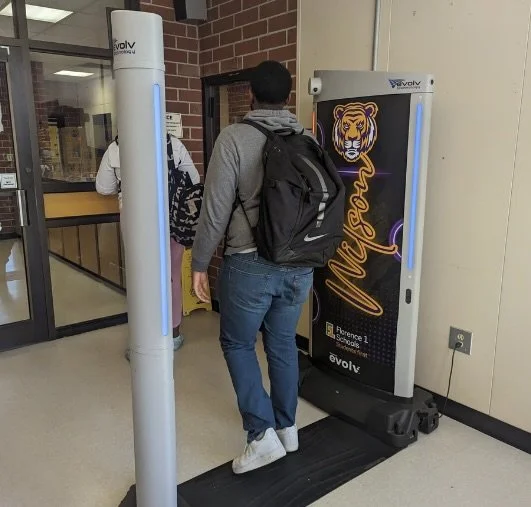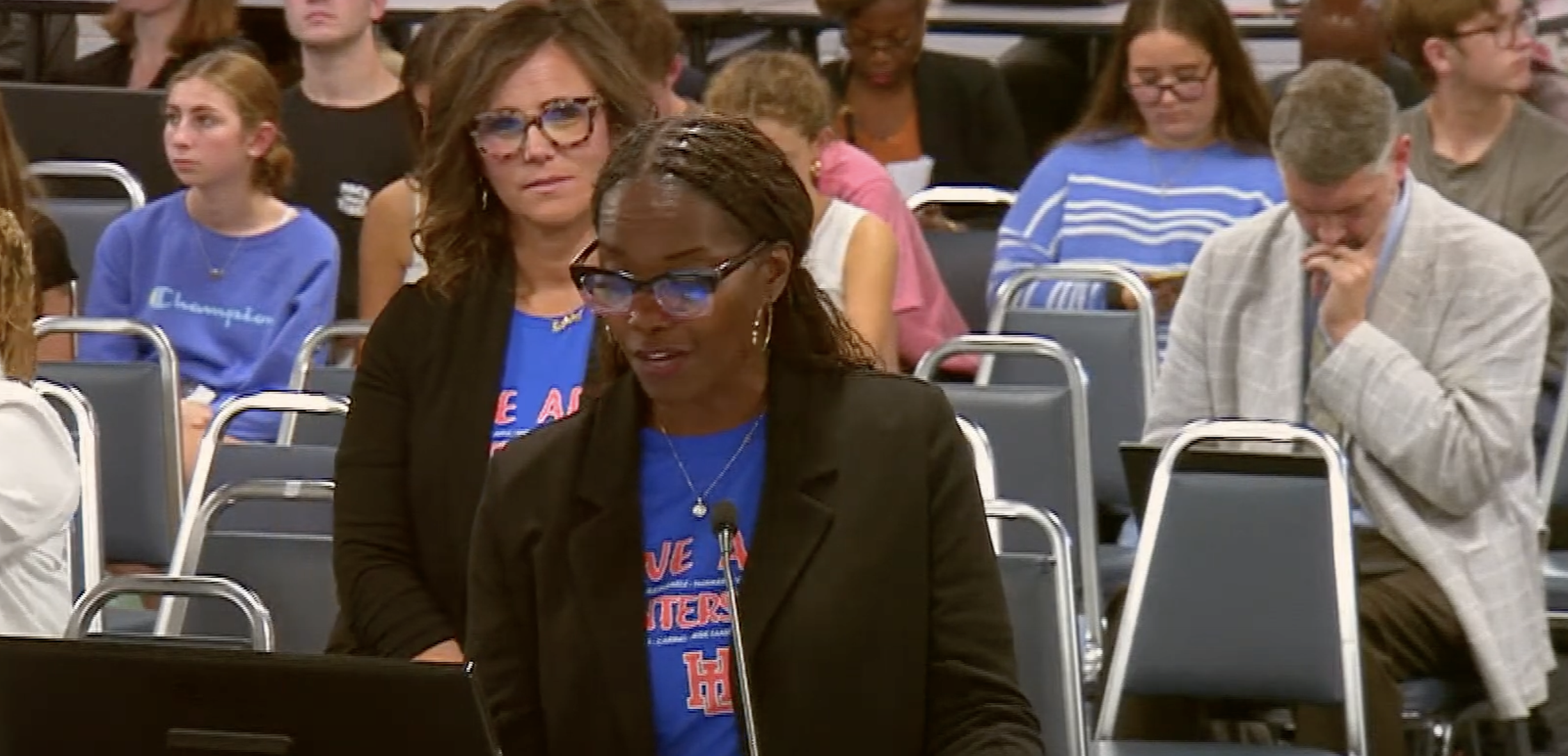LOCAL EDUCATION NEWS
Memphis-Shelby County Schools is proposing a sweeping consolidation plan that would merge or close several campuses across the city, saving more than $6 million in the first year
After nearly an hour of passionate testimony from parents and community members, the Sumner County Board of Education voted to keep “Christmas Break” on its official calendar. The decision came after an emotional debate over whether the district should rename the holiday to “Winter Break,” exposing deep divisions in the community over faith, heritage, and inclusivity in public education.
The school is designed to provide long-term support to students who are at-risk because they’ve either dropped out, faced criminal charges, have been retained at least twice, or are more than a year behind academically.
Williamson County Schools is taking a major step toward a full “away for the day” cell phone policy.
The Tennessee Public Charter School Commission voted Friday to deny four Memphis charter school proposals, including two new schools and two currently operating under the state-run Achievement School District.
The Tennessee Public Charter School Commission unanimously voted to overturn a Jackson-Madison County’s School Board decision and clear the way for the Jackson Museum School to open in 2026.
The Tennessee Public Charter School Commission voted unanimously Thursday to approve Rocketship Public Schools’ expansion into Rutherford County, overturning the local school board’s previous denial. The decision clears the way for the county’s fourth charter school, which will open next August and serve students in La Vergne and Smyrna.
Knox County and state leaders are urging voters to reject Knoxville’s proposed $47 million sales tax increase, arguing the measure would add to residents’ financial strain as early voting begins for the November 4 election.
A news release sent to the Tennessee Firefly says the program expands access to high-wage career training in areas such as industrial trades, construction, information technology, and advanced manufacturing.
Nashville has been selected as one of six U.S. cities to join Amazon Web Services’ Skills to Jobs Tech Alliance, a national initiative bridging education and workforce needs in cloud computing and artificial intelligence.
The expense of maintaining and repairing both buildings played a key role in each decision, as the district has faced challenges in recent years keeping up some of its older facilities.
The Rutherford County School Board voted 5-2 to support state legislation reducing Tennessee’s minimum school bus driver age from 25 to 23 in an effort to ease ongoing driver shortages.
New data compiled by the Tennessee Charter School Center and SCORE found economically disadvantaged students at Rocketship Dream Community Prep scored in the top 7 percent in the state for both math and English language arts (ELA) proficiency.
This decision expands a program school board members initially approved last February to install Evolv detection systems in all high schools.
Tennessee lawmakers and education leaders clashed this week over whether students with a career and technical education (CTE) focus might be able to substitute CTE courses for core subjects that are currently required for graduation.
A wizarding world. A magical farm. Other places human beings can scarcely imagine. These are just some of the places the Tri-Star Reads summer reading contest winners traveled to this summer…
All nine Memphis-Shelby County Schools board seats will be back on the ballot in 2026 after commissioners voted to move up the election cycle, shortening terms for members elected just last year.
The Rutherford County School Board narrowly voted down Rocketship’s application to open a new public charter school last July, and the operator appealed that decision to the Tennessee Public Charter School Commission, hoping to overturn it.
Memphis-based community members, including parents and retired educators, spoke out in support of a proposed public charter school they hope will help bandage a school district they say has “failed thousands.”
The Volkswagen Engineering Preparatory Academy at the Franklin Roberts Future Ready Center will provide students with access to early engineering education and create a pathway for students to explore engineering concepts and technical skills beginning in their freshman year.
Wilson County Schools is considering changes to school start times as part of an effort to address an ongoing shortage of bus drivers that has left some routes uncovered.
At a recent public hearing, Memphis community members rallied behind the proposed Dream Catcher’s Academy, a K-12 charter school designed to serve students experiencing homelessness.
If the Jackson Museum School’s appeal is granted next month, the school would open with an initial class of 160 students in kindergarten through second grade.
WCS confirmed an employee has been suspended pending investigation, after district leaders were alerted to a social media post made over the weekend about the assassination of conservative activist Charlie Kirk.
Metro Nashville district leaders say the International Baccalaureate program in the Hunters Lane Cluster is improving student pathways and early postsecondary opportunities in northeast Davidson County.
Tennessee students logged nearly 940,000 minutes this summer in the Tristar Reads contest, with four winners each earning $1,000 scholarships for their outstanding reading achievements.
Metro Schools Superintendent Adrienne Battle received a standing ovation at GEODIS Park Monday as she highlighted the district’s record-setting academic growth, including a fourth consecutive TVAAS Level 5 distinction and an 85.7% graduation rate.
Extreme weather, rising temperatures, and other environmental changes are affecting how Tennessee students learn and thrive, and experts say action is needed now.
Lawmakers passed the legislation last year, requiring every public school district in the state to develop an age-appropriate curriculum for all grade levels, including kindergarteners.
Beginning this school year, the district plans to recalculate each transfer student’s grade point average (GPA) from their prior schools using Williamson County Schools’ weighted scale for honors and other higher-level courses.































